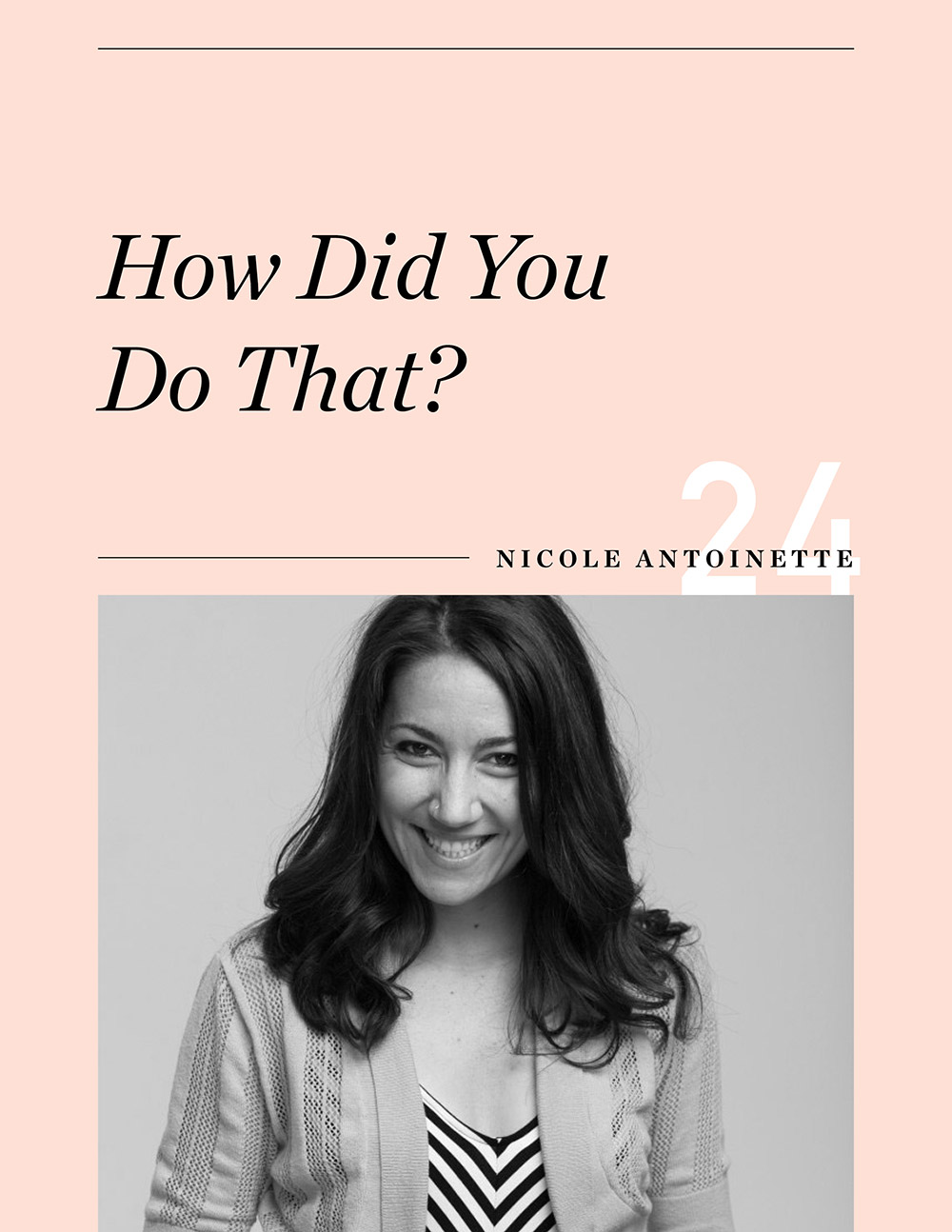
Whenever I meet someone who’s got a really cool job, who runs a thriving business, or who has completed an amazing project, I always want to know: “How did you do that?”
I’m always curious to hear the “behind-the-scenes story” — who they emailed, what they said, how they got their first client, how they got their foot in the door — the exact steps that they took to achieve their goal.
HOW DID YOU DO THAT? is an interview series where we get to hear the REAL story behind someone’s success—not the polished, neat and tidy version.
To see a complete list of all the interviews that have been completed to date, head over here.
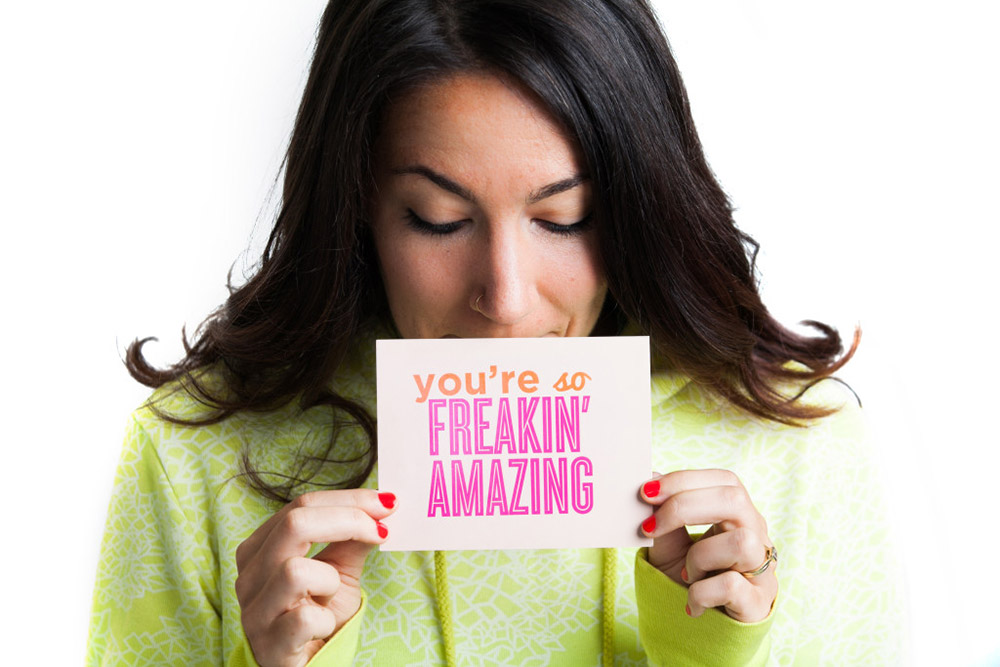
Name: Nicole Antoinette
Location: Bend, Oregon
Profession: Writer, Podcaster, Athlete
Nicole, you run an amazing podcast called Real Talk Radio, where you have conversations with all kinds of people about all kinds of topics—alcoholism, debt, divorce, mental illness, and racial discrimination, for starters.
The purpose of the show is to have real, honest conversations about life—particularly the “messier” parts of life that many people struggle with but don’t discuss publicly.
When—and why—did you decide to create this podcast? Is it something you thought about doing for a long time? Did the idea hit you out-of-the-blue one day? Tell me about the origins of this show.
The first season of the show came out in August 2015, but through blogging and other mediums I’ve done honest personal story sharing online for over a decade. So while the podcast itself was a new creative project that began only a few years ago, the motivation for creating it (to give myself and others the space to talk honestly and openly about our real lives) is one that I’ve deeply valued for a long time now.
My “why” for creating this podcast had a lot to do with the personal burnout I felt from self-help fatigue. Everywhere I looked, someone was trying to sell me something to make my life better, and that constant messaging that you aren’t enough (but you will be if you buy another e-course or follow ten more life hacks!) was exhausting. So to be honest, I created the thing that I myself was craving: a space where folks could come together to share about their real lives in real time, to talk about fears and dreams and challenges and goals, to learn from each other’s lived experiences, and to discuss the messy truths of being a human in the world without an agenda and without needing to have any of the answers.
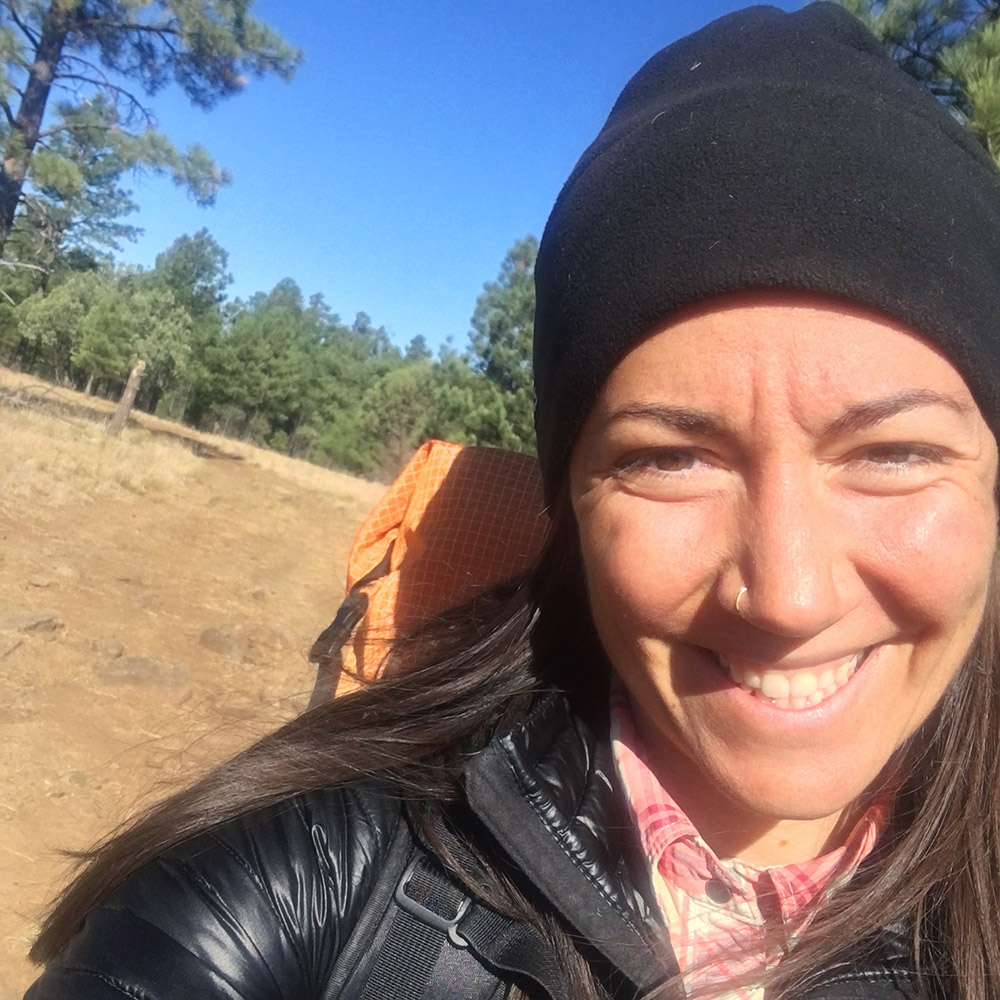
What’s your favorite thing about running a podcast?
Hosting an interview-style podcast is basically a secret weapon for making friends with all the incredible people whose work you admire! I’m beyond grateful for each of my guests, and for the fact that they give two hours of their time to get real on my show. I can’t tell you how much I’ve learned from my guests, and how their stories have shaped and changed and bettered my own life.
And I will also say that for me, with the listener-funded model of my show, the other best thing is the community that has formed around this collective vision of bringing more honesty into the world. Getting to know the people who listen to and financially support Real Talk Radio each season has been an indescribably rewarding experience.
What’s your least favorite thing about running a podcast? Are there any icky moments or challenges that happen behind the scenes—moments that, perhaps, your listeners don’t see or know about?
Well, on a practical tactical level my least favorite part is the editing work, which is why I’ve hired a sound engineer to edit and produce the show from the very beginning. Adam Day, the sound magician I work with, is talented and supportive and has been an integral part of the show’s success (and of my continued love of hosting it).
Other than that, I’d say the biggest challenge of hosting a podcast is facing the usual fears that come with lots of different types of creative work. Fears like: imposter syndrome (who am I to do this work?), general insecurity about not being liked and about not being good enough, fear of misspeaking or being misunderstood, frustration when you don’t feel like you’ve done your best on any given day, etc.
How do you prepare for each episode? Do you research the person you’re interviewing? Do you come up with a list of questions in advance? Do you just wing it? Tell me about your process.
I spend hours preparing for each episode. Since I release an entire eight-episode season all at once, my first preparation step is to map out which topics I want to cover in a given season, as well as which guests I most want to invite. I’m constantly making notes as I come across folks who are doing important and interesting work, and I’m grateful to the past guests and members of the community who often introduce me to folks whose work I might not have found on my own.
The next step of the process is sending out invitations to potential guests and getting their recording dates scheduled. By the time I send an invite, I’ve already done quite a bit of research about the person’s work and story, which is how I know for sure that I want to have them on the show in the first place. So once they’ve booked a recording time, that’s when the research and preparation gets much more specific, and I spend another hour or two creating an outline of the episode, the questions I most want to ask them, etc. Prior to recording, each guest also has the chance to tell me what they’re most interested in talking about, which is helpful in structuring the conversation around the topics that are most important to them.
But of course, even with a ton of preparation, I never know quite where each conversation will go once we’re recording. That’s part of the fun! I’m always open to discussing whatever comes up naturally, and I do my best to just stay curious and let the guest share the stories they’re most excited about.
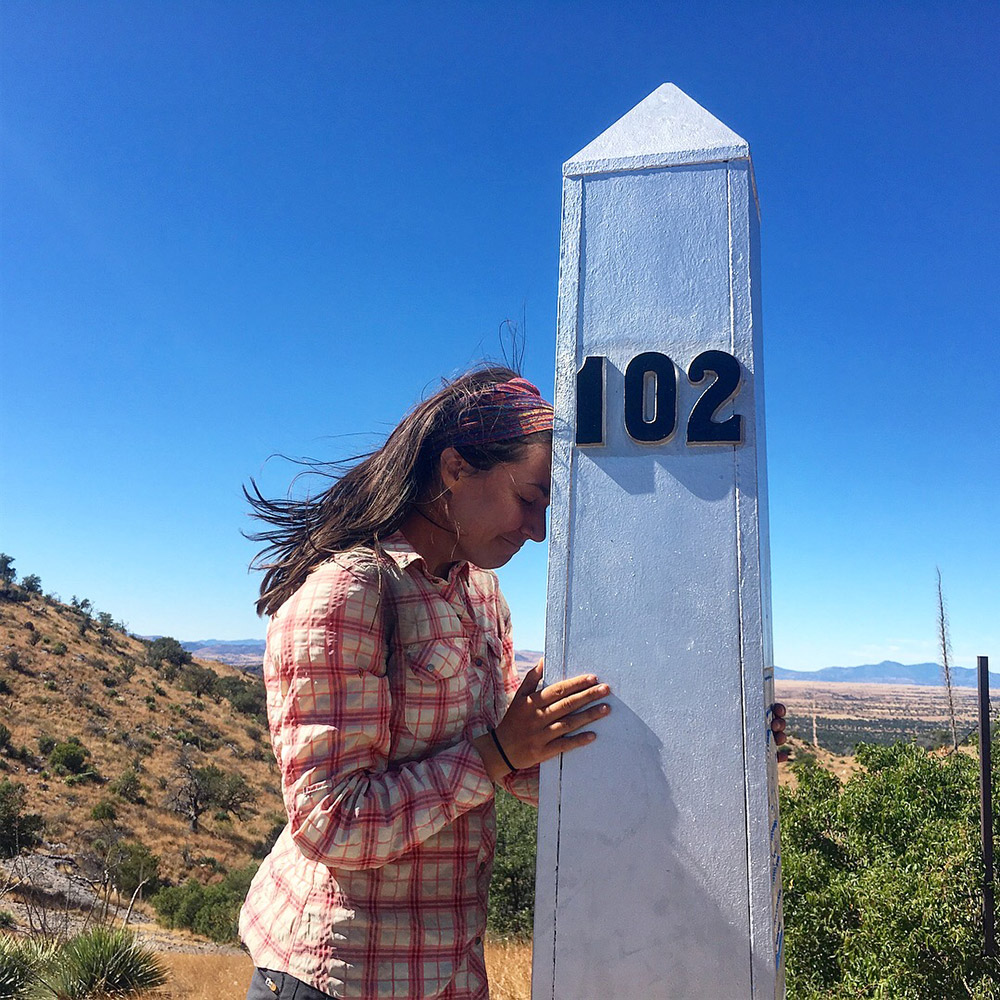
Earlier in your life, you ran a successful web design agency. But then you decided to shut down that business. Tell me about that decision. Were you bored? Unhappy? Was it simply time to move onto other projects? How did you know, “It’s time to walk away”?
For almost four years I co-owned a boutique web design firm with my incredibly talented friend, Jamie Varon. She’s a designer, and I handled all of our business operations, which is something I enjoy and am intimately familiar with after five years of running a children’s summer day camp in my early 20s.
I loved working with Jamie, and yes, the business was successful and profitable. It still is in fact, since Jamie now runs it as a solo venture. But I left in July of 2013, not because anything was wrong but because there were other projects I had really gotten into and felt excited about, and I had taken those projects as far as I could while still being committed to our business. There’s only so much you can do part time, you know? And I was definitely scared to leave – it’s much harder to walk away from something that’s good but not great than it is to walk away from something awful – but it was time to make the leap. I had been saving money for months before I left, to give myself the mental comfort of a financial cushion during a time of transition and uncertainty, and that definitely helped to make the change possible.
As for how to know when it’s time to walk away, for me the key is to pay attention to how long it’s been since I first began to feel the pull to do so. If it’s only been a week, that’s usually not long enough for me to go ahead and make a change, because we all have slumps and dips from time to time, even with projects we truly love. But if I’ve been feeling the pull to change for multiple weeks or months, that’s when I know that it’s more than just a passing feeling, and that it’s time to take action, even by just doing one small thing to change course.
In addition to running your podcast, you’re also an athlete. You’ve completed several marathons and ultra-marathons. You’ve also completed two long-distance solo hiking treks through the wilderness. Your last trek was over 800 miles through the scorching hot desert! Incredible! How do you prepare for that kind of journey? Tell me about your training regime, both mental and physical.
I’ve actually never done an ultra-marathon, but yes I’ve done marathons and lots of other running races and am now deep into a love of long-distance hiking. In 2017 I thru-hiked the Arizona Trail, an 800-mile backcountry journey from Utah to Mexico, and my physical and mental preparation were a key piece of why I was able to complete the entire trail.
Physically, the best way to train for hiking is by hiking, so I did as many training hikes as possible, often with my weighted backpack, to just get used to spending hours on my feet while carrying a heavy load on my back.
Mentally, it helped to do in-depth research about the trail and the conditions and challenges I would likely face. I read the official guidebook, lots of blogs written by different hikers from previous years, as well as the information curated by the Arizona Trail Association. My biggest concern leading up to this hike was the lack of water – the Arizona Trail is very dry, especially in the fall, which is when I hiked – so a majority of my preparation and research had to do with the water sources on trail.
The majority of my preparation was similarly practical and logistical – planning a loose itinerary, figuring out which towns I’d need to stop in to resupply, putting my resupply boxes together, gathering and testing all my gear, etc. There’s a lot that goes into planning a long-distance solo hike, but luckily I really enjoy that aspect of it.
And then lastly, but perhaps most importantly, there’s the emotional preparation. Doing an 800-mile hike is physically challenging, no question about it, but success really comes down to how well you can handle the psychological side of the challenge. What are you most afraid of? What will you do if and when you need to face those fears? Who will you be when things get hard? Why are you doing this? What will it mean to you to complete it? How will you keep going when all you want to do is quit? I thought about those questions (and so many more) in the weeks leading up to this hike, and it helped enormously.
After completing your first solo hike, you recorded a special podcast episode to talk about your experiences. You explained that the journey was horrendously painful and terrifying, at times. You encountered a bear. Your feet got swollen and you had nonstop blisters. It was mentally and physically excruciating. And yet… about a year later, you decided to do another hike. This time, almost twice as long as the first one. Why? What compelled you to do it again?
Ha, that’s what my mother would like to know.
When I finished my first hike, the 460-mile Oregon section of the PCT, I was absolutely convinced that I would never do a hike like that again. For all the reasons that you mentioned and more, I finished that hike feeling broken and miserable.
And yet I have dear friends who love thru-hiking, and I wanted to love it too. In a lot of ways it seems like the right-fit activity/lifestyle for me. I don’t like a lot of material “stuff,” I genuinely love doing hard things and challenging myself, and I like to push the boundaries of what I believe is possible for myself and my life. I also love the idea of a pilgrimage type of journey, a quest, and I love being in nature. So I decided that I would try again, that I’d do one more long-distance hike to get a better sense of whether or not this is something that I could love the way I wanted to love it.
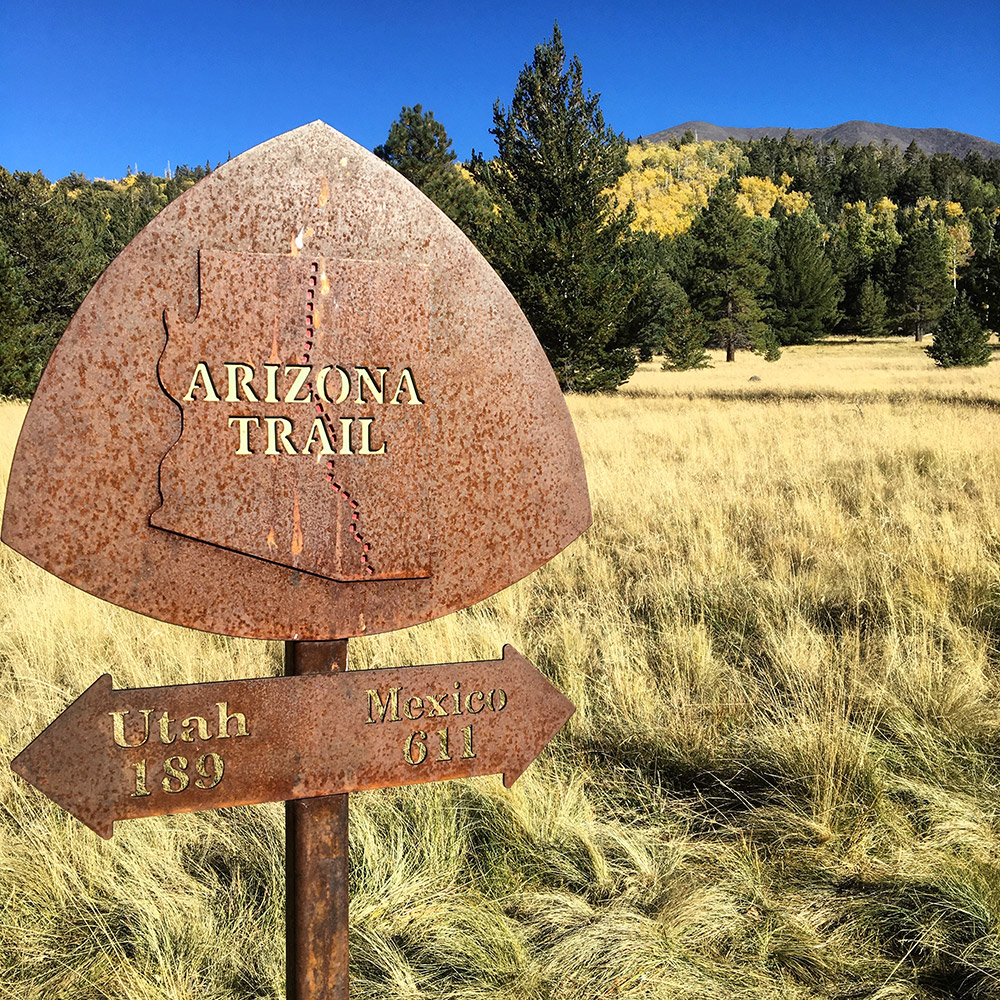
One of your personal mantras is: “You can do hard things.” Tell me about that phrase, and what it means for you.
For so long, I gave up when things got too challenging. If a project or physical activity felt hard, I automatically assumed that that meant I couldn’t complete it.
When I first started running, back in 2011, I had never been an athlete. I had never done anything even remotely athletic or outdoorsy in my entire life, and I could barely run for two consecutive minutes. Running was the first thing that I ever tried, found that I was terrible at, and didn’t quit. And that changed my life.
I learned that something can be hard, and that I can still do it. It can be raining or I can be tired or I can just generally not feel in the mood to run, and I can still run. I can feel afraid of the blank page, and I can still write. I can feel lonely in the wilderness by myself, and I can still hike. That might sound simple or obvious, but for me this deep belief that we can do hard things isn’t one that came naturally, and yet it has helped me grow and change in so many powerful ways.
Now, when something feels hard or scary or uncertain, I just remind myself that that’s okay. I am stronger than I think. I can do hard things.
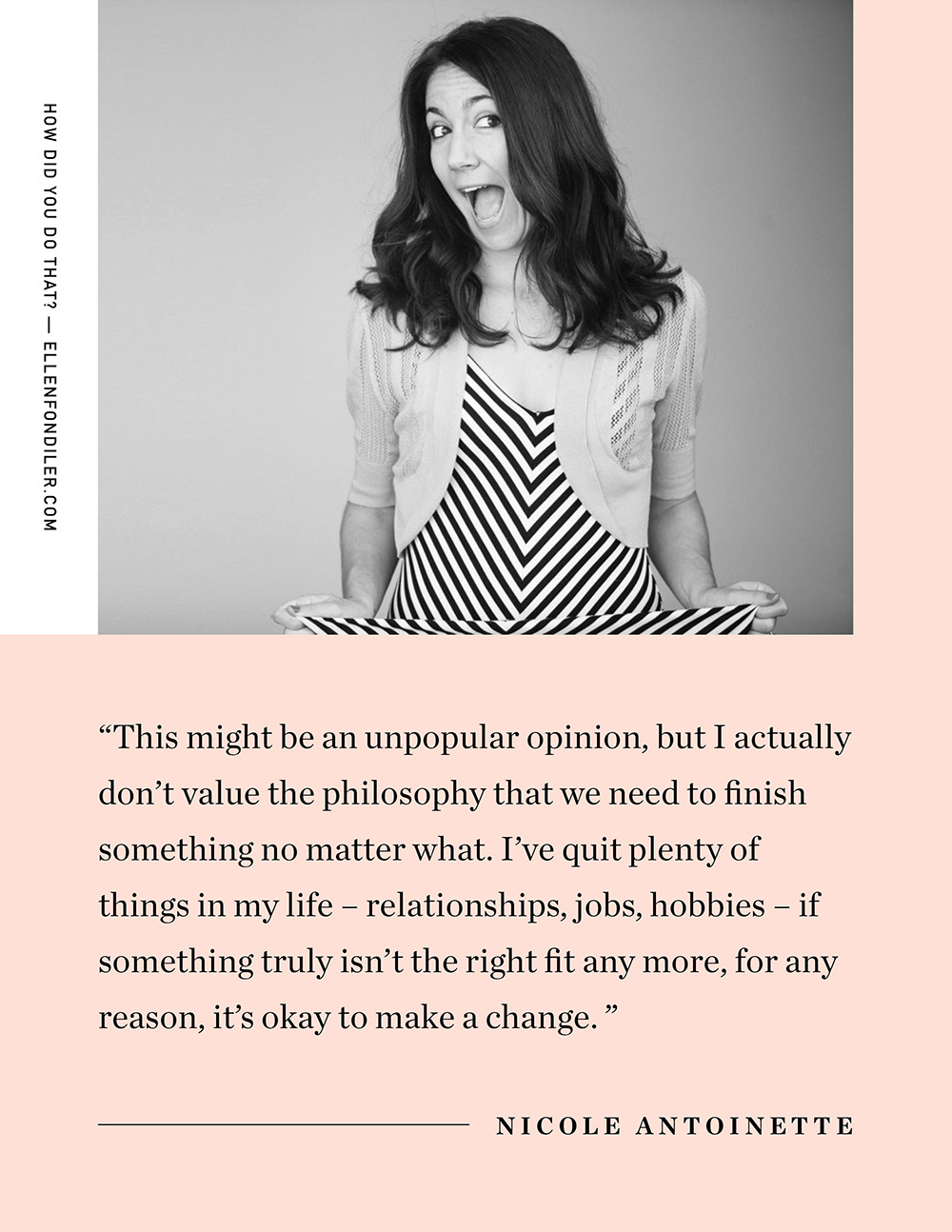
We always end each HOW DID YOU DO THAT? interview with helpful pieces of advice.
Imagine someone, out there, who’s mid-way through a big, difficult journey. Maybe he’s 200 miles into a 500-mile hike and he’s getting weary and thinking about giving up. Or maybe she’s been job-hunting for six weeks, but nothing has happened yet, and she’s feeling tired and discouraged.
Can you share some advice on how to get back on your feet and finish the journey, no matter what?
This might be an unpopular opinion, but I actually don’t value the philosophy that we need to finish something no matter what. I’ve quit plenty of things in my life – relationships, jobs, hobbies – if something truly isn’t the right fit any more, for any reason, it’s okay to make a change. So I think that’s my first piece of advice: remember that quitting is always an option, and that you are allowed to change your mind.
For those situations where you’re sure you don’t want to quit though, but when the task at hand feels excruciating, I’d share these two self-reflection questions:
1. What would the audience want you to do?
My friend Bryce asked me this once. She said, “Imagine that you are the heroine of a movie. In this moment, during this challenge, how would the audience want the heroine to act?” That might sound silly, but I find that I can often be braver if I’m able to get a little bit of distance and perspective on my situation. As the protagonist in a film, the audience would want me to keep hiking, or to apply for one more job, or whatever else it would take to honor the story. Because the structure of a good story is when a character wants something and has to overcome obstacles to get it, so if you’re the character and you’re facing an obstacle, you know that living a good story means doing whatever it takes to persevere.
2. What if this were simple?
I struggle a lot with over-thinking, and with making things more difficult and complicated than they need to be. When I’m in a rut of some kind, when I’m feeling tired and discouraged, I like to ask myself how I would move forward and what I would do next if this were simple. What if I stopped over-complicating things? What if I just chose the next right step and trusted that the path would become clear, one step at a time, from there? That reframe is often enough to get me moving again.
ONE MORE THING…
Do you have “one more quick question” that you’d like to ask Nicole? Email me and tell me what you want to know! I might choose your question for my ONE MORE THING… Podcast (Coming soon!!!)
YOUR #1 CAREER GOAL: ACHIEVED
Do you need some encouragement to help you achieve a big, daunting career goal? Would you like to have a career coach/strategist in your corner—feeding you ideas that you’d never considered before, helping you figure out who to contact, and what to say, and checking in to make sure you don’t procrastinate? If so… click here to find out how we can work together. I’d love to coach you!
![]()
